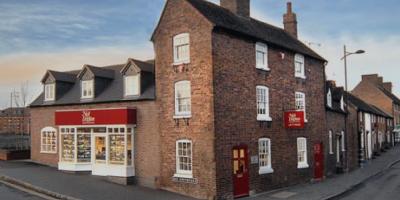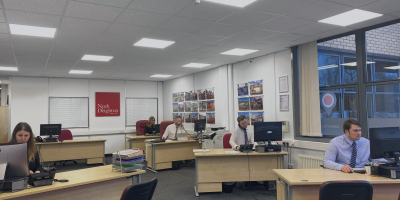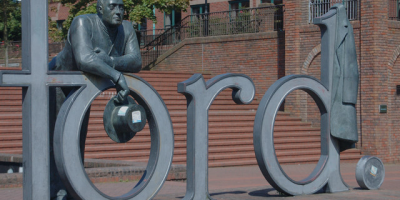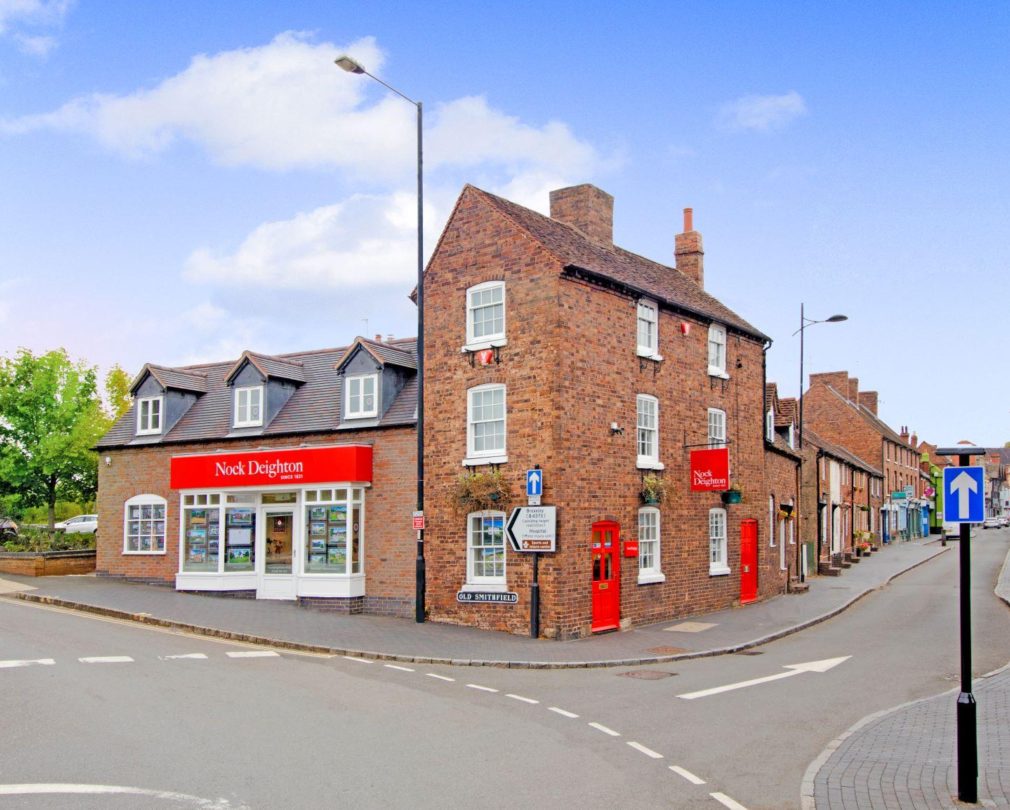
How to get your Rental Property ready for Winter
Having managed properties for over 30 years, I know you can never prepare for or prevent every eventuality, but having a simple check list to go through might save you and your tenants hassle, inconvenience and unnecessary costs!
I’ve put together below some simple (but not exhaustive) advice and a few tips on how to avoid or minimise unplanned maintenance costs in the future, …
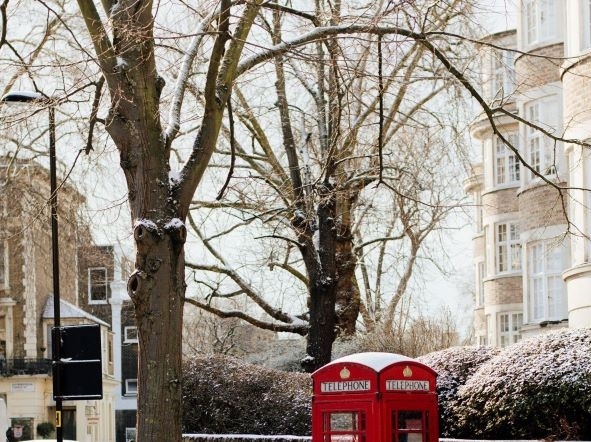
Regular Inspections
Carrying out regular inspections has many benefits, irrespective of how long your tenants have been in the property, and how ‘good’ they are. Too many inspections can of course be intrusive and make tenants feel as though it is not their home, but too few could lead to minor maintenance issues a becoming major expense.
Most tenants want to make the property their home, and will usually report any maintenance issues as they arise, IF it affects them and their living standards; but lets face it, your tenants have no vested interest in the building itself, so looking out for minor maintenance issues is not going to be at the forefront of their mind. After all, one of the benefits of being a tenant is that the landlord insures and maintains the building!
We all have standards, and nobody wants to live in a poorly maintained property.

Preventative Maintenance
In most cases, planned preventative maintenance is better than reactive maintenance. I’m not talking about replacement kitchens and bathrooms here (that’s another subject), but the actual building itself, starting from the top:-
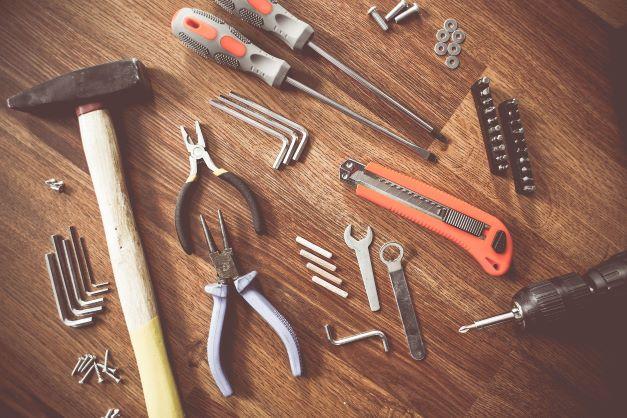
Roof
Just one slipped roof tile may not cause immediate damage, but don’t wait until the storms come; driving rain can reach areas you never thought possible, via the smallest gaps!
Slipped roof tiles can usually be spotted from the ground - smart phones are a great tool for zooming in and finding minor defects.
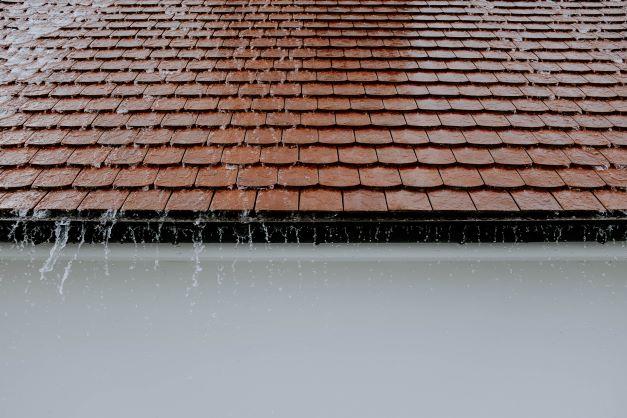
Gutters
Blocked gutters are another peril and, left unattended can cause a great deal of damage to brickwork/rendering and internal damp.
Many landlords assume it is the tenant’s responsibility to keep the gutters and downpipes clean – but you cannot expect your tenant to climb a ladder, and ‘paying’ someone to do this is not prohibited under the Tenant Fees Act.
It’s advisable to have the gutters cleaned out on an annual basis – especially if there are any trees in the vicinity.
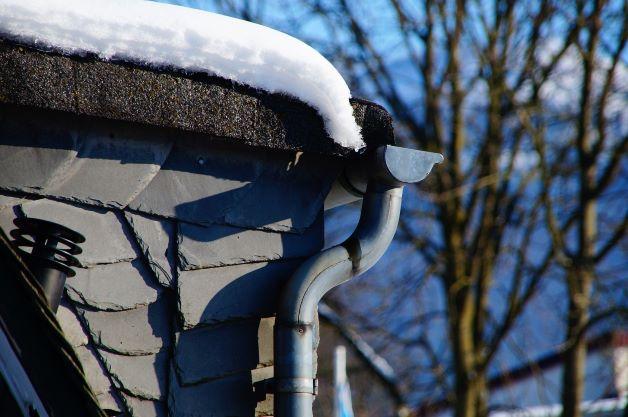
Insulation
Fact: adequate roof insulation prevents heat loss, thereby making your tenants feel more comfortable and reducing their heating bills. It also increases the EPC rating of the building.
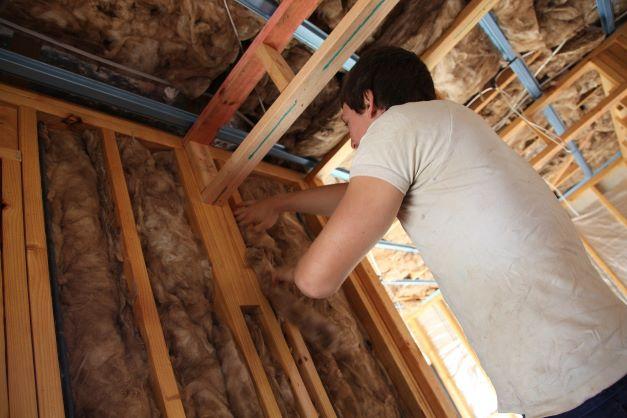
Draughts
If your property doesn’t have replacement or double glazed windows and upvc/composite doors, unnecessary draughts can cause major discomfort to your tenants, as well as water ingress and heat loss. Fitting draught excluders to those areas is low cost and highly effective.
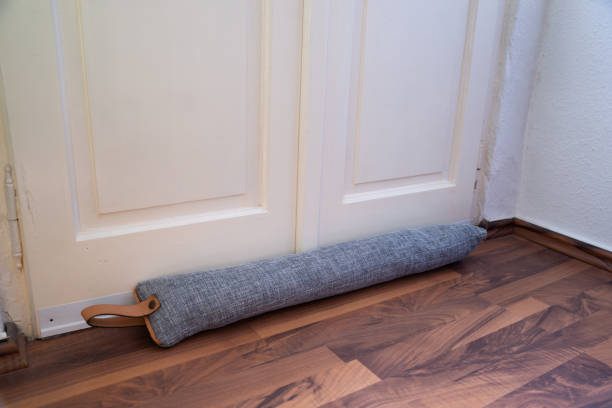
Heating
As we know it is a legal requirement for Landlords to have an annual gas safety check carried out on all gas appliances in their rented properties. ALL central heating boilers (including oil) should be serviced annually to ensure they are running efficiently and to identify any minor faults (these are also listed within your gas safety certificate). Minor faults don’t right themselves – attending to these sooner rather than later can reduce costs in the long run, and prevent unnecessary boiler breakdowns at the worst times.
As managing agents, at this time of year we experience more calls from tenants who are switching on their boilers for the first time, and reporting problems. Many of these problems are due to a loss in pressure and can frequently be rectified without a engineer’s callout. Many modern boilers have fault codes and User manuals with a fault-finding section – ensuring your tenant has an instruction manual can help minimise call-out charges.
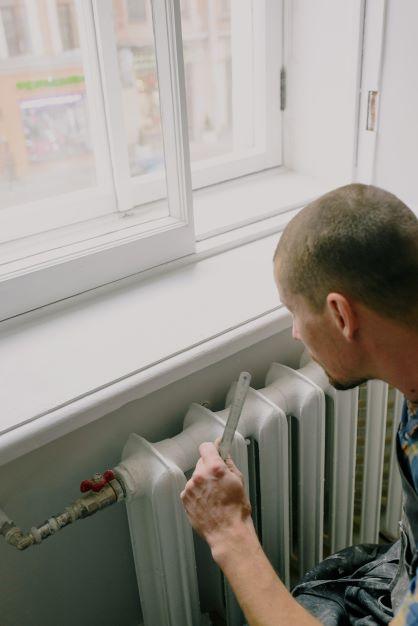
Mould
This is one of the most common issues we deal with – in many cases tenants will report a “damp” issue which, when investigated, is due to condensation.
Condensation is caused by an incorrect mix of heating and ventilation, and can be prevalent in some buildings more than others. Read my previous Blog: Condensation - How to Avoid It
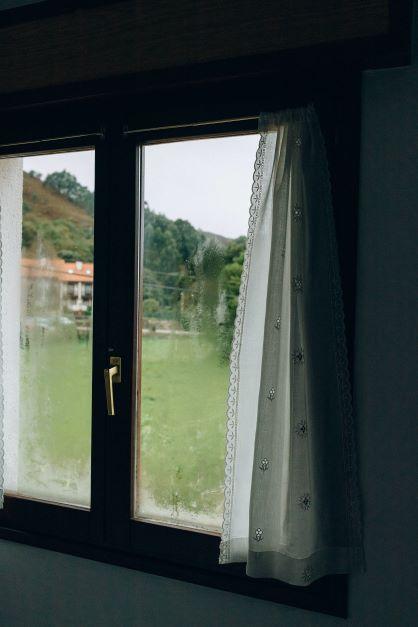
Damp
If you discover that the problem is NOT condensation, and it is damp which is due to water ingress – this is not going to go away, and the longer you leave it, the worse it will get and the more damage it will cause. Early detection and rectification could save you £1000’s in the long run.
Outside
External problems can also be minimised by early detection. Here’s a few to look out for –
- Outside Taps – ensure they are adequately insulated to prevent freezing over winter.
- Fences – loose/unsecure fence panels will most likely get blown down and broken in stormy weather.
- Trees – oversized trees can cause issues with overhanging branches – leaves, lack of sunlight, roots (lifting garden slabs can cause hazards). Tree removal is not always necessary (or permitted), but removal of potentially dangerous branches might prevent future problems.
- Outbuildings – garages/sheds are not usually a priority, but if included as part of the premises, they also require upkeep – costly repairs problems to roofs and doors can easily be avoided if detected and attended to before the winter.
Our Mantra: Good Properties = Happy Tenants = Happy Landlords
Dawn Clarke
Lettings Director
07967 209011










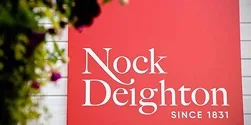
 Payment
Payment